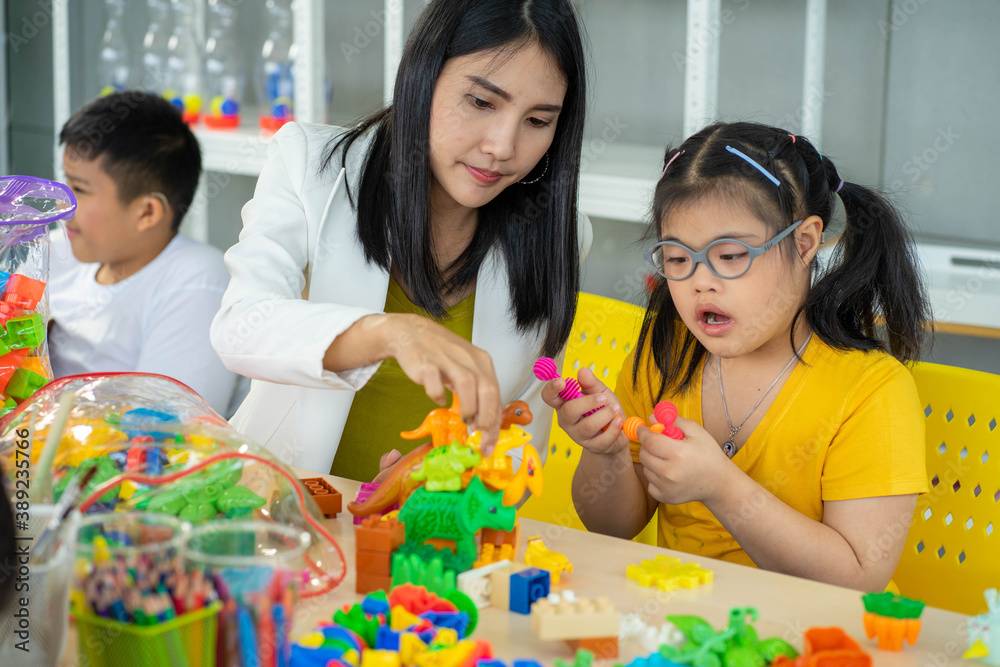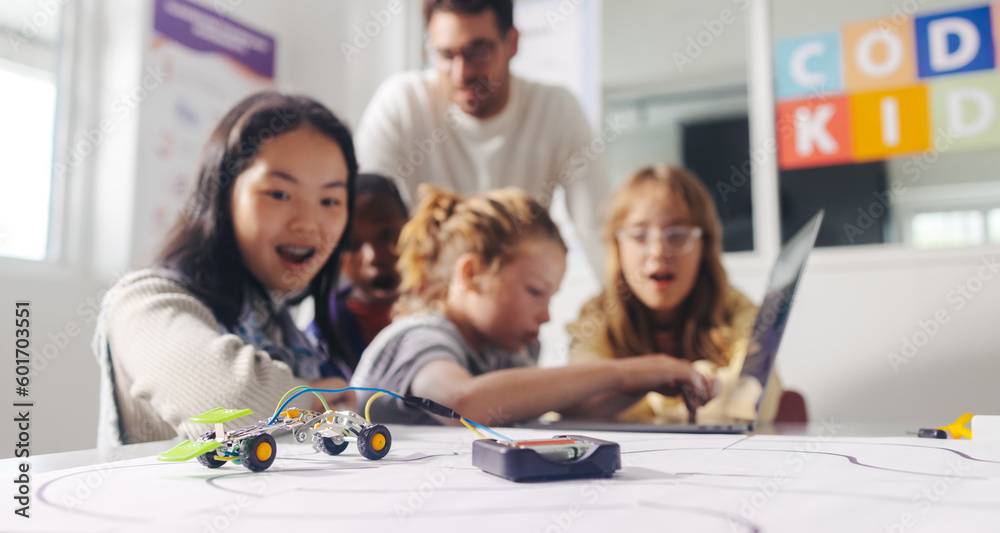- 166 Geary Street, Suite 1500 #1003, San Francisco, CA 94108
- (415) 636-9700
- [email protected]

As a psychiatric nurse practitioner specializing in ADHD, I recognize the unique challenges faced by students with this condition when it comes to academic performance. In this article, we will explore effective strategies for enhancing academic performance in students with ADHD.
By implementing these strategies, parents, educators, and healthcare professionals can support students in reaching their full potential. Let’s delve into the key factors that contribute to academic difficulties in students with ADHD and discuss strategies for success.
Students with ADHD often experience difficulties in academic settings due to their neurodevelopmental condition. ADHD is characterized by inattention, hyperactivity, and impulsivity symptoms, which can significantly impact a student’s academic success. It is crucial to understand that academic challenges associated with ADHD are not a reflection of intelligence or motivation but rather the result of underlying cognitive and executive functioning difficulties.

ADHD can have a profound impact on various aspects of academic performance. Students with ADHD may struggle with inattention, making it difficult to sustain focus during lectures, study sessions, or while completing assignments. A reduced attention span can lead to decreased comprehension, retention of information, and difficulty following instructions.
Executive functioning deficits associated with ADHD, such as poor organization, time management, and planning skills, can further hinder academic success by making it challenging for students to stay on top of assignments, meet deadlines, and effectively manage their workload.

A multifaceted approach is essential to support students with ADHD in maximizing their academic potential. The following strategies have been proven effective in enhancing academic performance in students with ADHD.
Creating a Structured Learning Environment
Establishing a consistent daily routine with set study times, breaks, and clear expectations helps students with ADHD better manage their time and tasks. Consistency provides a sense of stability and reduces anxiety, allowing students to focus on their academic responsibilities.
Utilizing Visual Supports and Organizational Tools
Visual aids such as calendars, planners, and to-do lists help students with ADHD organize assignments, prioritize tasks, and improve time management skills. Electronic reminders and apps can also be beneficial in providing prompts and reminders to help students stay organized and on track.
Breaking Tasks into Manageable Parts
Breaking down complex assignments or projects into smaller, more manageable tasks with specific deadlines helps students with ADHD tackle their workload more effectively. This approach reduces feelings of overwhelm and provides a clear roadmap for completing assignments successfully.
By implementing these strategies, parents, educators, and healthcare professionals can create a supportive academic environment that nurtures the strengths of students with ADHD while addressing their unique challenges. In the following sections, we will explore additional strategies and interventions to enhance academic performance in students with ADHD.

Engaging students with ADHD through active learning strategies can significantly improve their focus and retention of information. Educators can create a more dynamic and stimulating learning environment by incorporating interactive and hands-on approaches. Some effective active learning strategies for students with ADHD include.
Utilizing Visual Aids
Visual aids, such as charts, diagrams, and mind maps, can enhance understanding and retention of information. They provide a visual representation of concepts, making them more tangible and easier to grasp for students with ADHD.
Role-Play and Group Discussions
Encouraging students to participate in role-plays and group discussions promotes active engagement and enhances their ability to process information. These activities allow students to apply what they’ve learned, develop communication skills, and gain a deeper understanding of the subject matter.
Incorporating Technology
Leveraging technology, such as educational apps, interactive presentations, and multimedia resources, can capture the attention of students with ADHD. Interactive educational software and gamified learning platforms provide opportunities for active participation, immediate feedback, and personalized learning experiences.
Hands-On Experiments and Projects
Providing opportunities for hands-on experiments and projects allows students with ADHD to learn through practical experiences. Engaging in experiential learning helps them connect theoretical concepts with real-world applications, promoting deeper understanding and retention.

Clear instructions and support are crucial for students with ADHD to navigate academic tasks successfully. By employing effective communication strategies and providing necessary support, educators can help students overcome challenges and excel in their academic pursuits. Some strategies to consider include:
Breaking Down Instructions: Breaking down complex instructions into smaller, more manageable steps helps students with ADHD process information more effectively. Providing written or visual aids alongside verbal instructions can also enhance comprehension and reduce the likelihood of missing important details.
Offering Visual Cues: Visual cues, like highlighting essential information, using bullet points, or providing visual organizers, can help students with ADHD better understand and remember instructions. These cues are reminders and prompts, reinforcing essential concepts and facilitating task completion.
Encouraging Questions and Clarification: Creating a safe and supportive environment where students feel comfortable asking questions and seeking clarification is essential. Encourage open dialogue and let students know it is okay to ask for help. Providing additional explanations or examples when needed can improve understanding and prevent misunderstandings.
Individualized Support: Recognize that students with ADHD may require individualized support to thrive academically. Collaborate with the student, their parents, and other professionals to develop personalized strategies and accommodations tailored to their specific needs. Individualized Education Plans (IEPs) or 504 Plans can provide a framework for implementing such support.
Empowering students with ADHD to become self-advocates is instrumental in their academic success. By developing self-advocacy skills, students learn to communicate their needs, seek appropriate accommodations, and take ownership of their learning process. Some strategies to foster self-advocacy skills include.

Collaboration among parents, educators, and healthcare professionals is paramount in supporting students with ADHD. By working together, we can ensure a consistent and coordinated approach to address academic challenges. Here are some essential points to consider:
Regular Communication: Maintain open lines of communication between parents, educators, and healthcare professionals. Sharing relevant information, progress updates, and insights about students’ strengths and challenges contribute to a holistic understanding of their academic needs.
Individualized Education Plans (IEPs) or 504 Plans: Collaborate with the school to develop an IEP or 504 Plan that outlines specific accommodations and support strategies for the student. These plans ensure that educators know the student’s unique needs and can provide appropriate adjustments to optimize their learning experience.
Educating Parents: Provide parents with resources about ADHD, its impact on academic performance, and strategies they can implement at home to support their child’s learning. Encourage them to communicate openly with the school and healthcare professionals to ensure a collaborative approach.
Section 8: Managing Transitions and Organization
Transitions between different tasks, classes, or activities can be particularly challenging for students with ADHD
Organization skills play a vital role in helping them navigate these transitions successfully. Here are some strategies to assist with managing transitions and fostering organizational skills:
Transition Routines: Establish predictable routines and rituals to help students transition between activities smoothly. Use visual timers or cues to indicate when a transition is approaching and provide reminders or prompts to help them prepare mentally for the upcoming task.
Organization Systems: Teach students organization skills by introducing systems such as color-coded folders, binders, or digital tools for managing assignments, notes, and study materials. Break down assignments into smaller tasks and help students create checklists or schedules to stay organized.
Time Management Techniques: Teach students time management techniques, such as using timers or setting specific time blocks for tasks. Encourage them to prioritize tasks based on importance and deadline, helping them allocate their time effectively.
Building resilience and practicing self-care is crucial to supporting students with ADHD in their academic journey. We can help them navigate challenges and maintain motivation by nurturing their emotional well-being. Here are some strategies to consider:
Emphasize Strengths and Successes: Recognize and celebrate the strengths and accomplishments of students with ADHD. Focusing on their achievements builds confidence and resilience, reinforcing the belief that they can overcome obstacles and succeed academically.
Teach Stress Management Techniques: Introduce stress management techniques such as deep breathing exercises, mindfulness practices, or physical activities to help students reduce anxiety and improve their ability to focus and concentrate.
Encourage Balanced Lifestyles: Advocate for a balanced lifestyle that includes sufficient sleep, healthy nutrition, regular physical activity, and leisure time. These factors are crucial in maintaining overall well-being and optimizing cognitive functioning.
By implementing these strategies, we can create a supportive environment that fosters academic success for students with ADHD. Through collaboration, organization, resilience-building, and self-care, we empower students to thrive academically and reach their full potential.
Comments are closed